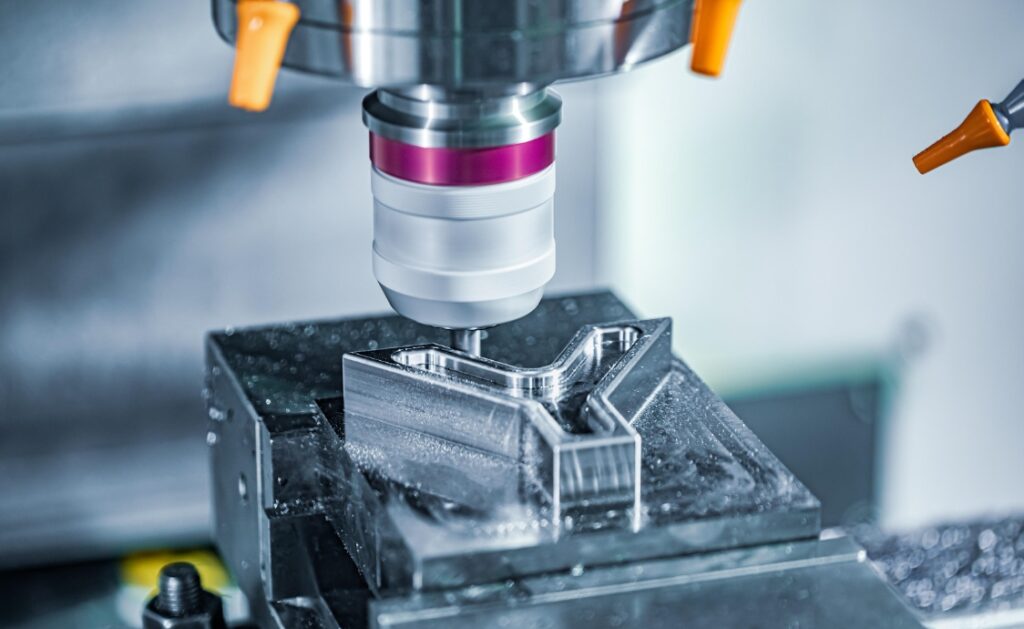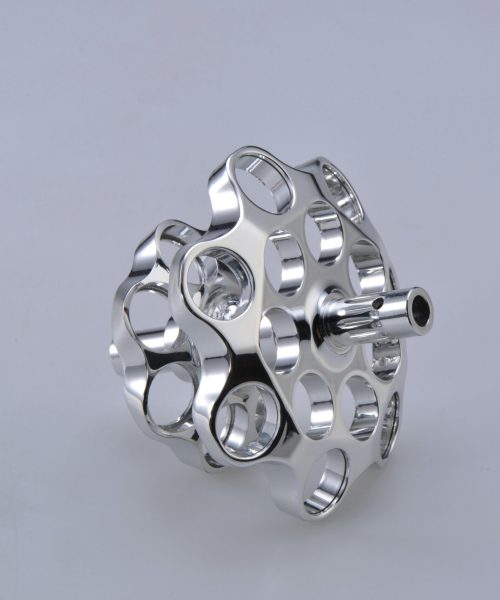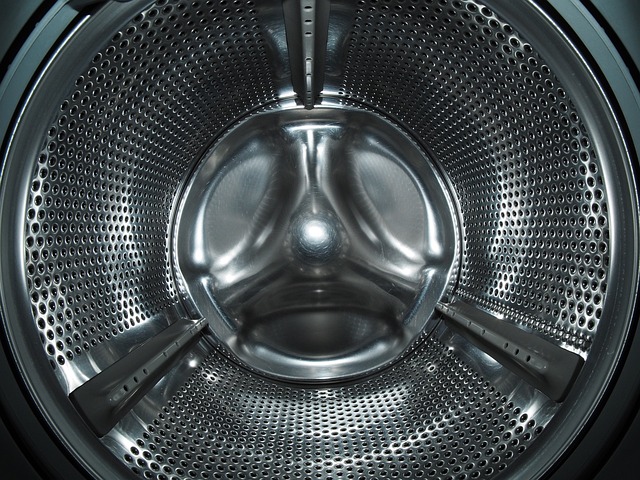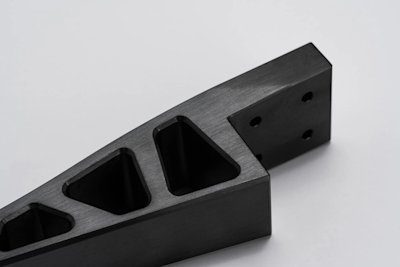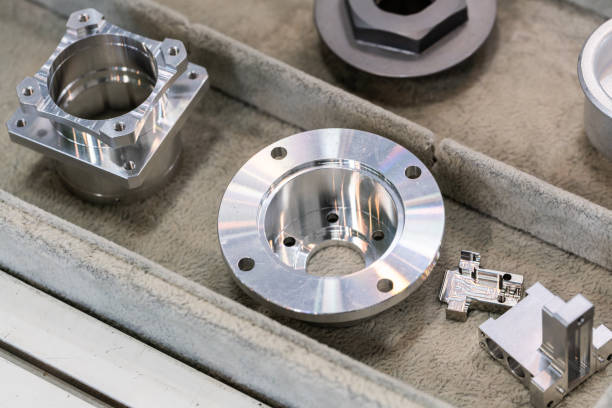خدمات التصنيع باستخدام الحاسب الآلي في النماذج الأولية المخصصة: من المفهوم إلى الواقع
Prototyping is a critical phase in product development, allowing designers and engineers to test and refine their concepts before moving into full-scale production. خدمات التصنيع الآلي باستخدام الحاسب الآلي الرقمي have become a cornerstone of custom prototyping, offering the precision, speed, and flexibility needed to bring ideas to life. This article explores the role of CNC machining services in custom prototyping, highlighting their benefits, the process, and how they contribute to innovation across various industries.
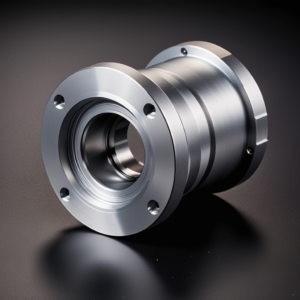

The Importance of Prototyping
Prototyping is an essential step in the product development process, providing a tangible representation of a concept that can be tested, evaluated, and refined. It allows designers and engineers to:
Test Functionality: Prototypes enable the testing of a product’s functionality, ensuring that it works as intended and meets performance requirements.
Evaluate Design: Prototyping allows for the evaluation of a product’s design, including its aesthetics, ergonomics, and usability.
Identify Issues: By creating a physical prototype, potential issues with a design can be identified and addressed before moving into full-scale production.
Refine and Improve: Prototyping provides an opportunity to refine and improve a design based on feedback and testing, ensuring that the final product meets all necessary criteria.
The Role of CNC Machining in Custom Prototyping
CNC machining services are ideally suited for custom prototyping, offering several advantages that make them an essential tool in the development process:
Precision and Accuracy: CNC machining services provide the precision and accuracy needed to create prototypes that match the intended design specifications. This is crucial for testing and evaluating a prototype’s functionality and performance.
Speed and Efficiency: CNC machining allows for the rapid production of prototypes, enabling designers and engineers to quickly move from concept to physical model. This speed is essential in industries where time-to-market is a critical factor.
Material Flexibility: CNC machining services offer the flexibility to work with a wide range of materials, from metals and plastics to composites and ceramics. This allows for the creation of prototypes that closely resemble the final product in terms of material properties.
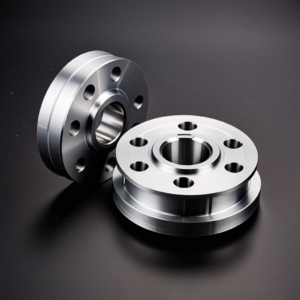

Complex Geometries: CNC machining is capable of producing prototypes with complex geometries and intricate details, making it ideal for products with unique designs and features.
The CNC Machining Prototyping Process
The process of using CNC machining services for custom prototyping typically involves several key steps:
Design and CAD Modeling: The first step in the prototyping process is to create a detailed design of the product using CAD (Computer-Aided Design) software. This digital model serves as the blueprint for the CNC machining process.
CAM Programming: Once the design is complete, it is translated into a set of instructions for the CNC machine using CAM (Computer-Aided Manufacturing) software. This programming step is critical for ensuring that the machine produces the prototype to the exact specifications.
Material Selection: The next step is to select the appropriate material for the prototype. This choice is based on the product’s intended use, the properties required for testing, and the desired final appearance.
التصنيع الآلي باستخدام الحاسب الآلي: The CNC machine then cuts, shapes, and forms the material into the desired prototype. This process can involve various machining techniques, including milling, turning, drilling, and grinding, depending on the complexity of the design.
Finishing and Assembly: After machining, the prototype may undergo additional finishing processes, such as sanding, polishing, or coating, to achieve the desired surface quality. If the prototype consists of multiple parts, they are assembled to create the final model.
Benefits of CNC Machining in Prototyping
The use of CNC machining services in prototyping offers several key benefits:
Cost-Effective: While CNC machining can have higher initial costs compared to other prototyping methods, such as 3D printing, it offers cost savings in the long run due to its precision, accuracy, and ability to produce high-quality prototypes that require minimal rework.
Scalability: CNC machining services can easily scale from prototyping to full-scale production, allowing for a seamless transition from concept to manufacturing.
Versatility: CNC machining is versatile, capable of producing prototypes in a wide range of materials and with various finishes, making it suitable for products across different industries.
Realistic Prototypes: CNC machining produces prototypes that closely resemble the final product in terms of material properties, appearance, and functionality, providing a more accurate representation for testing and evaluation.
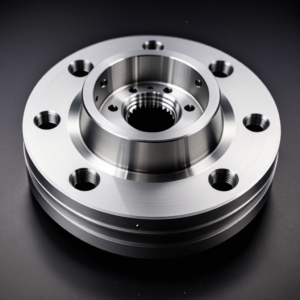

Case Studies: CNC Machining in Custom Prototyping
The following case studies illustrate how CNC machining services have been used in custom prototyping across different industries:
Consumer Electronics: A consumer electronics company used CNC machining services to prototype a new smartphone design. The precision of CNC machining allowed for the creation of a realistic prototype that was used for ergonomic testing and user feedback, leading to design improvements before mass production.
السيارات: An automotive manufacturer used CNC machining services to prototype a new engine component. The prototype was tested under real-world conditions, allowing the company to refine the design and optimize performance before committing to full-scale production.
الأجهزة الطبية: A medical device company used CNC machining to create prototypes of a new surgical instrument. The high precision of CNC machining ensured that the prototype met the strict regulatory standards required for medical devices, enabling the company to move forward with clinical trials.
The Future of CNC Machining in Prototyping
As technology continues to evolve, the role of CNC machining services in custom prototyping is expected to grow, with several key trends shaping the future:
Integration with Additive Manufacturing: The integration of CNC machining with additive manufacturing is expected to become more prevalent, allowing for the creation of complex prototypes with reduced material waste and improved design flexibility.
Advanced Materials: The development of new materials will drive the need for CNC machining services capable of working with these materials, enabling the creation of prototypes with enhanced properties.
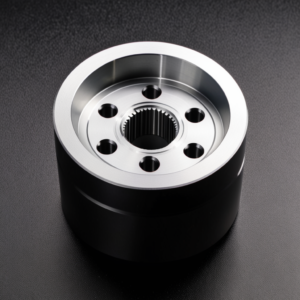

Increased Automation: The use of automation in CNC machining is expected to increase, improving efficiency and reducing production times in prototyping. This trend will help companies keep pace with the rapid innovation and demand in product development.
Sustainability Initiatives: The focus on sustainability in manufacturing will drive the adoption of more efficient and environmentally friendly CNC machining practices in prototyping, reducing material waste and energy consumption.
الخاتمة
CNC machining services are an essential tool in custom prototyping, offering the precision, speed, and flexibility needed to bring ideas to life. By providing realistic, high-quality prototypes, CNC machining enables designers and engineers to test, refine, and perfect their concepts, ensuring that the final product meets all necessary criteria.
As technology continues to evolve, CNC machining services will play an even more critical role in custom prototyping, driving innovation and helping companies bring new products to market faster and more efficiently. Whether in consumer electronics, automotive, medical devices, or other industries, CNC machining is at the forefront of turning concepts into reality.

